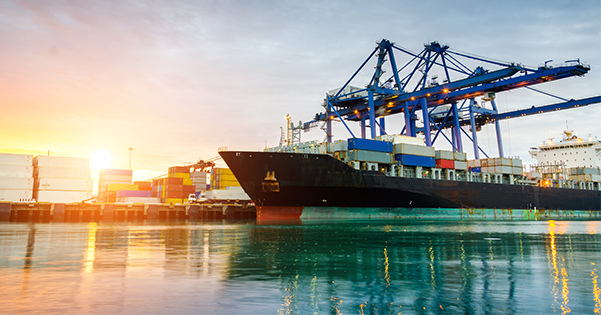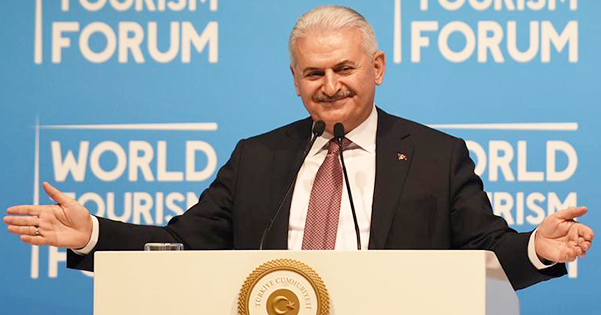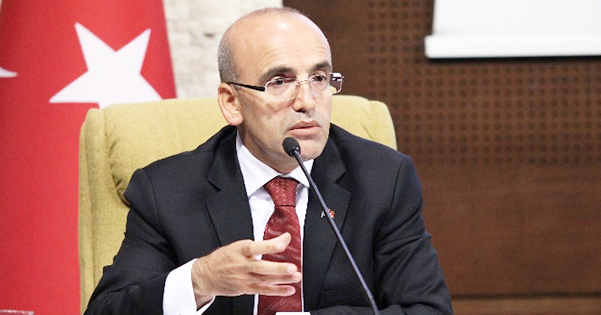Turkey’s second largest foreign trade market, the UK, took a second blow due to covid-19. While sectors such as automotive and textile are trying to predict the effect of Brexit on exports, the country is now navigating through uncertainty led by covid-19. Murat Palaoğlu, Head of KPMG Turkey’s Customs and Foreign Trade Services, noted, “Coronavirus outbreak taking place during Brexit, has made the UK market more fragile for our exporters.”
Trade relations between Turkey and the UK are facing a new round of uncertainty. KPMG Turkey’s Head of Customs and Foreign Trade Services Murat Palaoğlu, evaluated the impact of covid-19 on the notable volume of trade between Turkey and the UK.
Noting that the UK is among Turkey’s foremost trading partners, Palaoğlu commented, “The UK is one of the countries with the most foreign investors in Turkey. The UK is also among the countries to which we aim to increase our exports strategically in the 2020-2021 period.”
Trade volume between the UK and Turkey stood at 18.6 billion dollars in 2018 and 16.3 billion dollars in 2019. In the January-March period of 2020, Turkey’s exports to the UK were 2 billion 525 million dollars. Textile and ready-to-wear products, electrical and non-electrical machines, motor vehicles and components, iron and steel products stand out among the exported goods. Looking at our imports, we purchase electrical and non-electrical machines, gold, iron and steel products as well as medication from the UK.
Pointing to the decrease in the import and export figures of the UK in January and February of 2020 due to covid-19, Palaoğlu said, “In this period, we see a sharper decline in the imports of the UK with respect to its exports. This situation adversely affects expectations regarding our exports. Sectors such as automotive and textile hit by covid-19, are our main export items to the UK. For our exporters, who are still trying to anticipate the impact of Brexit, the UK market is now on an even more fragile ground due to covid-19.”
Brexit lags behind
Reminding the UK government’s insistence on sticking to the timeline for Brexit, Palaoğlu said:
The UK is still in a transition period until December 31, until when it will continue be treated as an EU member. The country thinks that it would be reasonable to extend the EU transition process for 1 or 2 more years under the current circumstances. Both parties do their best to speed up the process, but time is passing by. During this process, Brussels asks if they need another major change at the end of the year while tackling the effects of coronavirus. EU leaders are in the opinion that if there is a demand for postponement, this should come from London. It seems that covid-19 still has not changed the official positions of the parties. However, it is possible to say that the Brexit process is operationally interrupted and lags behind covid-19 as a strategic priority. The time will show whether there will be a delay or not.
Noting that the UK has been affected by the global covid-19 outbreak above average, Murat Palaoğlu commented, “Although it is difficult to predict in which direction and how much this impact will affect the position of the UK in the global economy and politics in the future, it seems certain that there will be a serious shift. The two main factors that distinguish the UK from other countries for us are that it also has a Brexit agenda during this uncertainty and is one of the most important export markets for us. Therefore, it’s crucial to closely monitor the developments in the UK, an important export market for Turkey.”
Another recent development on Brexit is the tariff rates, which will be implemented after Brexit, announced by the UK government on May 19. These rates are stated to take effect as of January 1, 2021. The tariffs announced in case of a “no-deal Brexit”, lack of an agreement following negotiations with the European Union, will also be applicable to imports from the European Union. Looking at the statement, we see that the current tariffs have been either reduced or reset. Another notable point is that in the current situation, 47% of the trade in the UK is tax-free, while this rate will increase it to 60% within the framework of the announced plan. When we examine the tariffs announced by the UK government on a sector basis, the 10% customs duties determined for the automotive industry and 12% for textile and ready-to-wear products stand out. Since these two sectors has the biggest share in Turkey’s exports to the UK, it is crucial to monitor the developments closely. Apart from these, we see that the tax rates to be applied to products such as dishwashers and freezers have been reset, but to protect the domestic producer, customs duties have been maintained for agricultural products and certain meat and dairy products. Looking at all these developments, it is safe to say that the free trade agreement negotiated between the UK and Turkey has grown in importance.
#Brexit, #UK, #UKandTurkey, #automotive, #textile, #news















